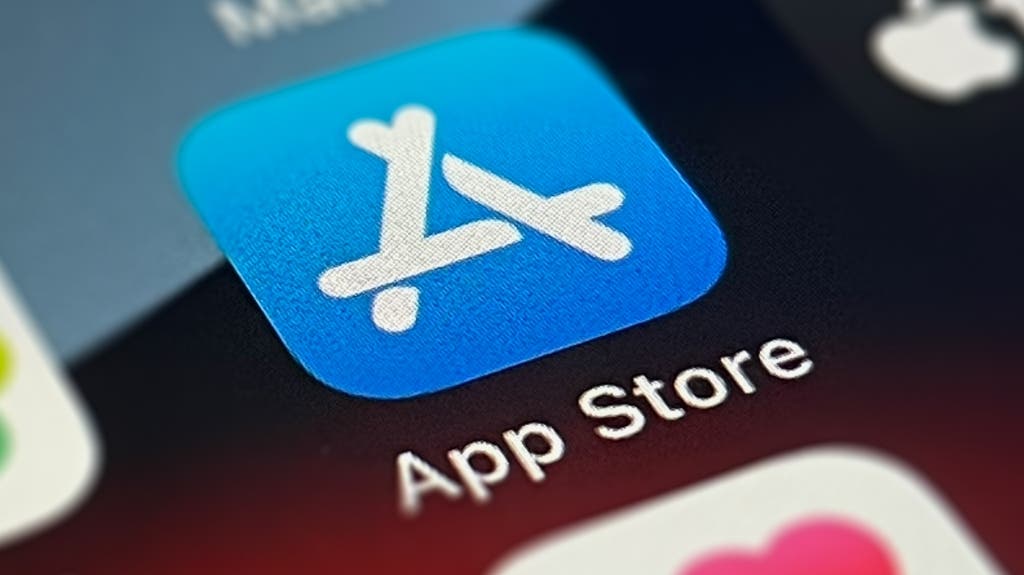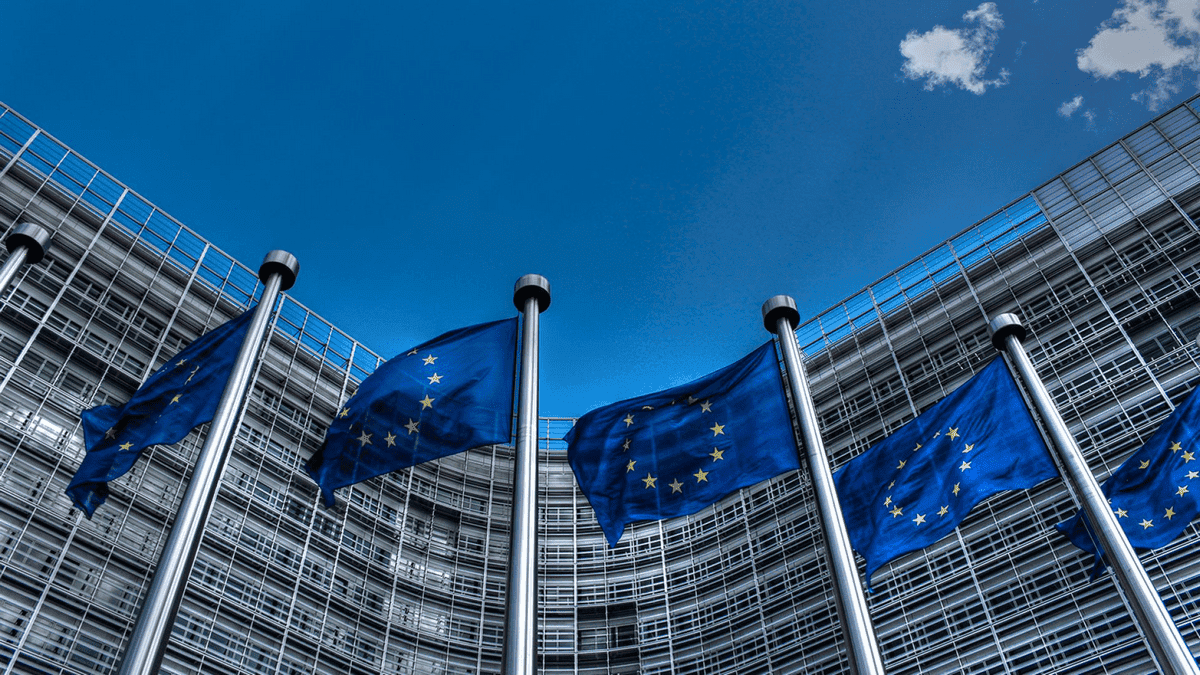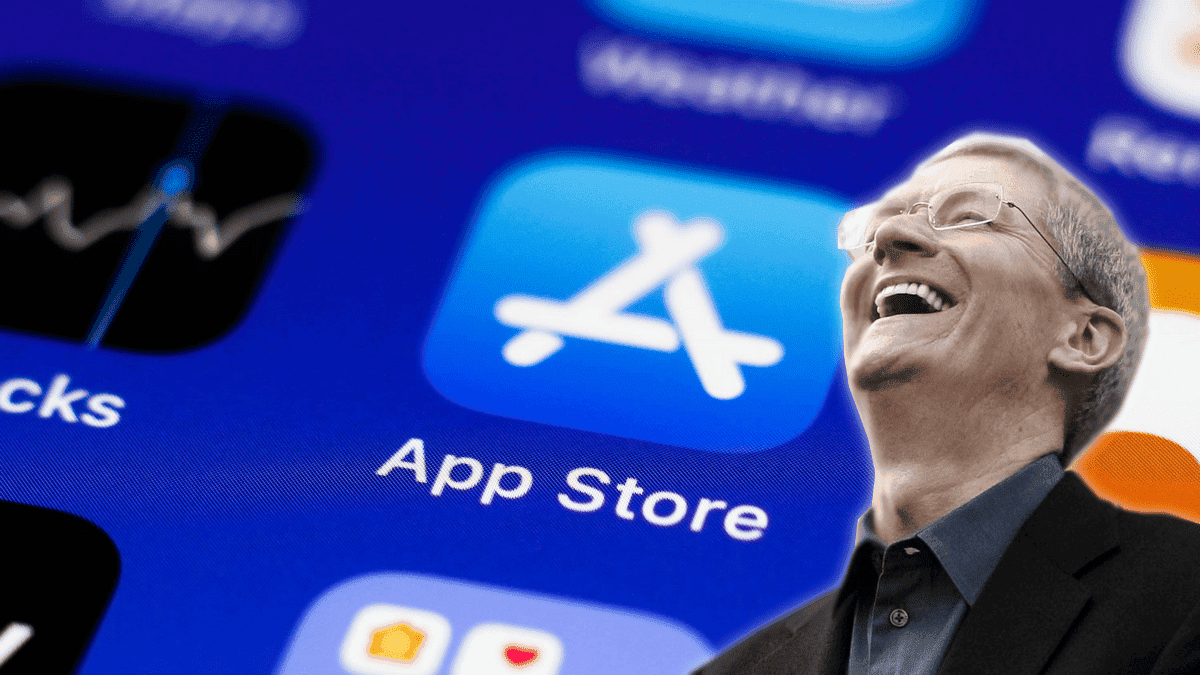Over the past few years, the U.S. Department of Justice (DoJ) has been investigating the rules that guide the Apple App Store. The DoJ is set to probe the dominance of the App Store and how it handles its business. According to Apple Insider, the department likely has enough evidence to launch a full-blown case against Apple. The probe has been active since 2020 but three years down the line, the DoJ still has no concrete case. The DoJ antitrust unit chief, Jonathan Kanter, recently had an interview with the Financial Times. In the interview, Kanter claims that the probe into the App Store policies is now “firing on all cylinders.” While the DoJ did not reveal details of its findings thus far, Kanter made it clear that the department will bring cases against some major American brands like Apple.

The U.S. Department of Justice (DoJ) has intensified its antitrust probe into Apple’s App Store, signalling a significant development in the ongoing probe. Jonathan Kanter said that the probe into Apple’s exclusive monopoly position in the App Store is “progressing with all strength,” This means that iPhone users’ dream of third-party app stores and side-loading apps may soon become a reality. In some regions like Japan, there are already laws that force Apple to allow side-loading apps on iPhones.
Apple’s exclusive right to the App Store
Apple’s exclusive control of third-party iPhone apps has long been closely watched by antitrust regulators. Whether users want to purchase apps or developers want to publish apps, the App Store is the only channel. Apple has absolute control over which apps can be put on the shelves and sets terms including 15% or 30% commissions. Developers and users have no choice, and this is considered a violation of competition laws by many regulators.
Europe takes the lead
Europe has taken the lead. The European Union passed the Digital Markets Act (DMA) and clarified that the App Store is bound by the law. It requires Apple to open up the iPhone app market to competition. The most likely way to comply is to allow competitor app stores to log on to the iPhone platform. Apple must comply with this regulation by April of this year. At the moment, Apple already has a team in place to deal with this and the team has been working for over a year. Europe is a very large market and Apple cannot afford to lose it.

European laws are very strong and Apple often does not flout them. Recall that it was a European law that forced Apple to swap from the Lightning port on the iPhone 14 series to the USB Type-C port on the iPhone 15 series. Thus, Apple will most likely comply and open the App Store in the European region.
Japan has a similar law
The Japanese authorities are working on a new “Digital Antitrust Law”. This new law will require Apple, Google and other companies to open “application sideloading” and “third-party payment” in the Japanese market.” At the moment, Google already allows sideloading of apps on its Android system. Thus, the company may only have to deal with the third-party payment requirement in Japan. As for Apple, it does not allow sideloading of apps on its iOS system. Apple’s CEO, Tim Cook stated that allowing users to sideload apps means putting the iPhones at risk. This is because the source and intentions of sideloaded apps can not be verified by Apple.
Back in 2020, the Japanese authority began investigating “antitrust issues” of Apple, Google, Amazon, Meta and other brands. This year, relevant regulatory agencies claimed to have “completed the probe”. The Japanese authority eventually announced that “Apple and Google dominate the mobile app platform and the market has a monopoly”. This is one of the reasons why it is now working on the “Digital Antitrust Law”. The law will require any company doing business in the Japanese market to open its app store and third-party payment channels. If the relevant bill is approved, the Japan Fair Trade Commission has the power to impose fines on violating brands.
U.S. probe follows the E.U lead
In the U.S., the DoJ has been conducting the same probe for years. The EU has already set a precedence with the DMA and many competition experts expect the findings of the DoJ to be similar to those in the EU. It will likely require Apple to allow third-party app stores or sideloading apps, or even both. The Financial Times quoted Jonathan Kanter, head of the antitrust division of the U.S. DoJ, as suggesting that a ruling is imminent. Kanter has been hoping to file a lawsuit against Apple since taking office in November 2021. His department has been investigating Apple’s App Store policies for years, and Kanter said the investigation is now “full steam ahead.” However, as the U.S. presidential election approaches, a potential change of administration also adds urgency to the probe.

Final Words
The new trend of forcing large brands to open their App Stores to third parties seems to be a global trend. In addition to the United States and Europe, Apple also faces similar regulatory pressure globally. Last week, there were reports of a similar antitrust bill in the works in Japan. Japanese regulators are preparing antitrust legislation that would require tech giants like Apple and Google to give the green light to third-party app stores and allow any app to use alternative payment methods, Nikkei Asia reported on Tuesday.
There are various indications that Apple abides by European laws. It is likely to choose to make changes on a global scale at once just like it did with the USB Type-C port. This will be better than being forced to comply country by country or region. If one region adopts the law and it is working, there is a strong probability that other regions will adopt the same law.





